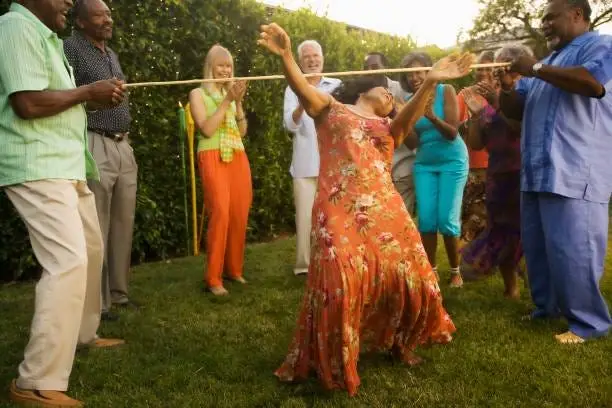“Retirement is when you stop living at work and start working at living” Unknown.
Most people imagine retirement as an endless holiday. No alarms. No meetings. No pressure.
After years of stress and busy schedules, it sounds perfect. But there’s a twist.
Too much freedom can quietly work against your brain when every day looks the same, and motivation slips. When there is nothing to prepare for or look forward to, memory starts to weaken.
The brain is built to stay active. It needs challenges to grow and stay sharp.
Retirement today can last 20 to 30 years, which is a long time without goals or purpose.
This stage of life can be exciting and fulfilling, but only if it supports your mental health. A healthy brain needs direction. Not endless free time.
Freedom needs a plan.
Why Structure Matters for a Healthy Brain
The brain works best when it has a framework.
Routines, goals, and expectations act like a scaffold, giving our days shape and our minds a clear direction. A career naturally provides this structure.
It gives you a reason to get up in the morning, problems to solve, and a schedule to follow.
When that built-in structure suddenly vanishes, the mind can feel lost. Without a new plan to replace the old one, motivation can fade and focus can wander.
That feeling of mental fog or forgetting simple things is often the first sign that your brain is missing its daily workout.
Freedom is incredible, but for your brain health after 50, that freedom needs a blueprint to be truly enjoyable and sustainable.

The Cognitive Danger of Too Much Ease
Your brain’s ability to grow and form new connections, a concept scientists call neuroplasticity, doesn’t stop at 50.
But it does require effort.
To stay strong, the brain needs a healthy amount of “cognitive load,” which simply means it needs to be challenged. Traditional retirement, with its focus on ease and relaxation, often removes this healthy stress entirely.
When days become a gentle, low-stakes blur, the brain has no reason to work hard. It stops building those new connections. This is when you might start asking, “What day is it again?” or find yourself forgetting why you walked into a room.
This isn’t just a normal part of aging. It’s a direct result of an under-stimulated mind, which can reduce your confidence and mental alertness over time.
Why Work (or Work-like Challenges) Keep You Sharp
Work provides more than a paycheck. It gives purpose, accountability, and mental exercise.
Solving problems, learning new systems, helping others, and managing time all keep the mind strong. These activities support memory and protect against cognitive decline.
Being around people also boosts emotional health and reduces loneliness, both of which are linked to brain decline later in life.
Retirement does not need to mean never working again. It means choosing work on your own terms.
That could be volunteering, mentoring, coaching, or starting a personal project. These challenges build confidence and give a sense of progress.
Without purpose, retirement can feel like fading away. The real risk is not leaving a job. The real risk is leaving behind the stimulating parts of work that keep the brain alive.

What to Replace Workplace Structure With
The goal isn’t just to “stay busy,” it’s to stay challenged.
Replacing the structure of work requires finding activities with real complexity that push you just beyond your comfort zone. Instead of simple crossword puzzles, try learning a new language or how to play the guitar.
Rather than just attending a meeting, volunteer for a leadership role that requires you to plan and execute a project.
You could start a small consulting business, sharing your expertise on your own terms.
Or commit to a long-term fitness goal, like training for a 10k race, that involves milestones and a structured plan.
These pursuits provide the deadlines, problem-solving, and learning curves that your brain needs to build and maintain its strength.
The Retirement Brain Health Blueprint
A healthy retirement can be simple to build with the right habits.
Begin with a daily structure. A morning routine sets the tone, while a few non-negotiable activities give your day purpose. Add weekly challenges that make you think. That could be a course, a hobby project, or a fitness milestone.
Strong social interaction is essential. Spending time with others in clubs, teams, or teaching roles keeps your mind engaged and your mood lifted.
Finally, adopt a lifelong learning mindset. Stay curious. Try new things. Explore new interests. This blueprint protects your brain and gives you something to look forward to.
Retirement becomes more than just passing time. It becomes a stage of personal growth and discovery.
Freedom is what makes retirement exciting. The goal is to protect that freedom by keeping your brain strong. Purpose, challenge, and routine help you stay sharp and confident.
Retirement should energise you, not drain your memory or motivation. This chapter of life can be your most profitable yet when you choose activities that keep you growing.
The next 20 to 30 years are not about stepping back. They are about stepping into new possibilities.
So the question becomes: What’s your next challenge going to be?








